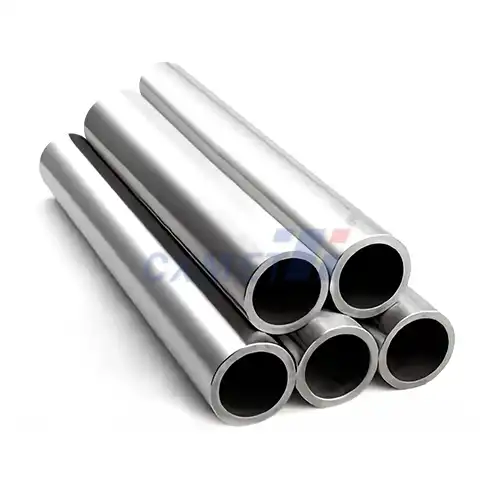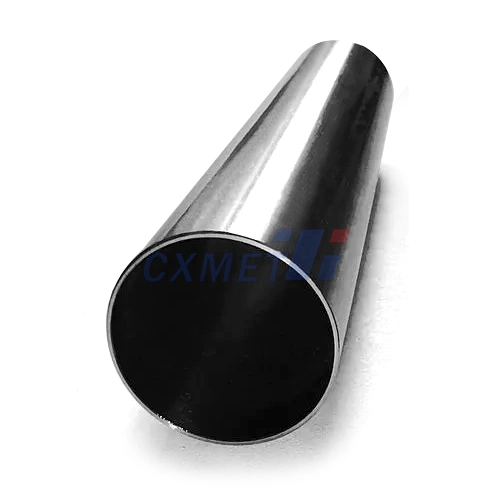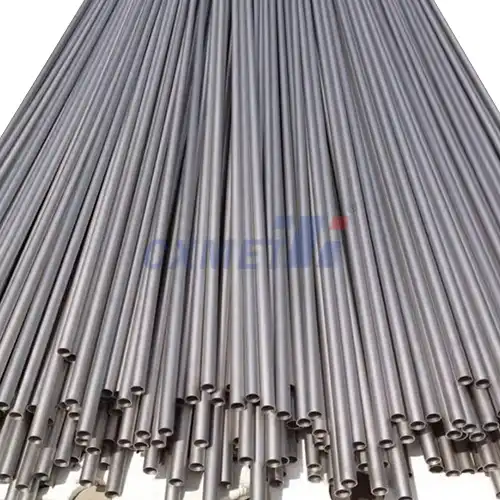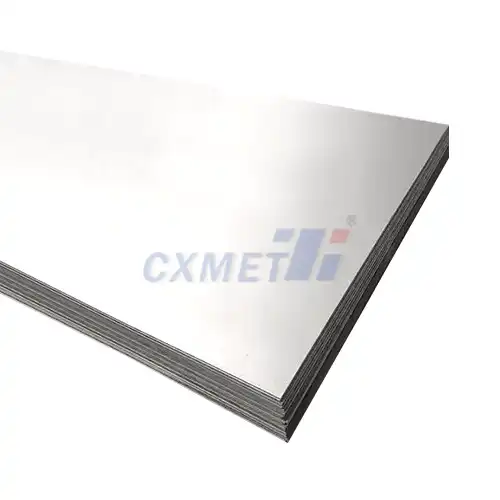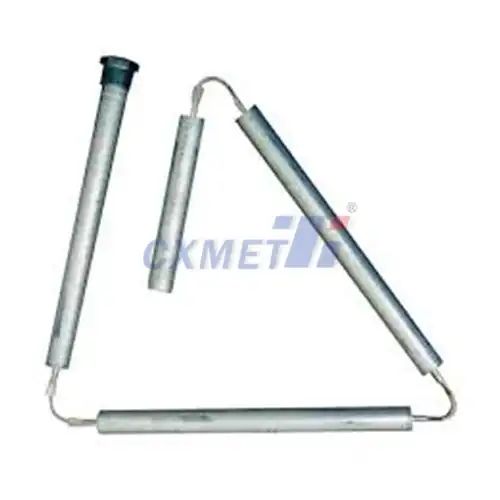- English
- French
- German
- Portuguese
- Spanish
- Russian
- Japanese
- Korean
- Arabic
- Greek
- German
- Turkish
- Italian
- Danish
- Romanian
- Indonesian
- Czech
- Afrikaans
- Swedish
- Polish
- Basque
- Catalan
- Esperanto
- Hindi
- Lao
- Albanian
- Amharic
- Armenian
- Azerbaijani
- Belarusian
- Bengali
- Bosnian
- Bulgarian
- Cebuano
- Chichewa
- Corsican
- Croatian
- Dutch
- Estonian
- Filipino
- Finnish
- Frisian
- Galician
- Georgian
- Gujarati
- Haitian
- Hausa
- Hawaiian
- Hebrew
- Hmong
- Hungarian
- Icelandic
- Igbo
- Javanese
- Kannada
- Kazakh
- Khmer
- Kurdish
- Kyrgyz
- Latin
- Latvian
- Lithuanian
- Luxembou..
- Macedonian
- Malagasy
- Malay
- Malayalam
- Maltese
- Maori
- Marathi
- Mongolian
- Burmese
- Nepali
- Norwegian
- Pashto
- Persian
- Punjabi
- Serbian
- Sesotho
- Sinhala
- Slovak
- Slovenian
- Somali
- Samoan
- Scots Gaelic
- Shona
- Sindhi
- Sundanese
- Swahili
- Tajik
- Tamil
- Telugu
- Thai
- Ukrainian
- Urdu
- Uzbek
- Vietnamese
- Welsh
- Xhosa
- Yiddish
- Yoruba
- Zulu
How Does Gr1 Titanium Wire Perform In Marine Environments?
2024-12-04 11:30:26
Gr 1 titanium wire is renowned for its exceptional performance in marine environments. This high-quality material offers a unique combination of strength, corrosion resistance, and durability, making it an ideal choice for various marine applications. In this blog post, we'll explore the characteristics of Gr1 titanium wire and its behavior in marine settings, addressing key questions about its properties and uses.
What are the corrosion-resistant properties of Gr1 titanium wire in seawater?
Grade 1 titanium wire exhibits remarkable corrosion resistance in seawater, making it a preferred material for marine applications. This exceptional resistance stems from the formation of a stable, protective oxide layer on the surface of the titanium when exposed to oxygen. This natural passivation process creates a barrier that shields the underlying metal from further corrosion.
In seawater environments, Gr1 titanium wire demonstrates superior performance compared to many other metals and alloys. The chloride ions present in seawater, which are notorious for causing corrosion in many materials, have minimal effect on titanium. This resistance is due to the stability of the oxide layer, which remains intact even in the presence of these aggressive ions.
The corrosion rate of Gr1 titanium wire in seawater is extremely low, often measured in fractions of a millimeter per year. This exceptional resistance allows titanium components to maintain their structural integrity and performance over extended periods, even in harsh marine conditions. The material's ability to withstand the corrosive effects of seawater makes it an excellent choice for long-term marine installations, such as offshore structures, underwater sensors, and marine research equipment.
Furthermore, Gr1 titanium wire's corrosion resistance extends beyond just seawater. It also performs well in other marine-related environments, including brackish waters, marine atmospheres, and splash zones. This versatility makes it suitable for a wide range of applications, from coastal structures to deep-sea exploration equipment.
The superior corrosion resistance of Gr1 titanium wire in seawater also contributes to reduced maintenance requirements and longer service life for marine components. This characteristic not only improves the reliability of marine equipment but also offers significant cost savings over the long term, as the need for frequent replacements or repairs is greatly diminished.
How does the strength of Gr1 titanium wire compare to other marine-grade materials?
When comparing the strength of Grade 1 titanium wire to other marine-grade materials, it's important to consider various factors such as tensile strength, yield strength, and strength-to-weight ratio. Gr1 titanium wire offers a unique combination of these properties that make it particularly suitable for marine applications.
In terms of tensile strength, Gr1 titanium wire typically ranges from 240 to 330 MPa (35 to 48 ksi). While this may not be as high as some high-strength steels or other titanium alloys, it is still considerably strong for many marine applications. The yield strength of Gr1 titanium wire is usually around 170 to 240 MPa (25 to 35 ksi), providing good resistance to permanent deformation under load.
One of the most significant advantages of Gr1 titanium wire is its exceptional strength-to-weight ratio. Titanium has a density of about 4.5 g/cm³, which is approximately 60% that of steel. This means that for the same weight, a titanium component can be significantly stronger than its steel counterpart. In marine environments where weight is a critical factor, such as in offshore structures or marine vessels, this property of titanium can provide substantial benefits in terms of structural efficiency and fuel economy.
Compared to other common marine-grade materials like stainless steel (e.g., 316L), Gr1 titanium wire offers superior corrosion resistance while maintaining good strength properties. Although some grades of stainless steel may have higher absolute strength values, they are more susceptible to corrosion in marine environments, particularly in the presence of chlorides. This susceptibility can lead to stress corrosion cracking, a problem that Gr1 titanium wire is highly resistant to.
When compared to marine-grade aluminum alloys, Gr1 titanium wire generally offers higher strength and far superior corrosion resistance. While aluminum alloys are lighter, they are more prone to galvanic corrosion when in contact with other metals in a marine environment, a problem that titanium largely avoids due to its electrochemical nobility.
It's worth noting that while Gr1 titanium wire may not have the highest absolute strength among all marine materials, its combination of good strength, excellent corrosion resistance, and low density often makes it the optimal choice for many marine applications. The material's ability to maintain its properties over long periods in harsh marine environments can lead to improved long-term performance and reduced lifecycle costs compared to materials that may initially seem stronger or cheaper.
What are the main applications of Gr1 titanium wire in marine engineering?
Grade 1 titanium wire finds numerous applications in marine engineering due to its unique combination of properties. Its corrosion resistance, strength-to-weight ratio, and durability make it an excellent choice for various marine components and structures. Let's explore some of the main applications of Gr1 titanium wire in marine engineering.
One of the primary uses of Gr1 titanium wire in marine engineering is in the construction of heat exchangers and condensers for shipboard and offshore applications. The material's excellent resistance to seawater corrosion, coupled with its good thermal conductivity, makes it ideal for these components. Titanium heat exchangers can operate efficiently for extended periods without degradation, even when exposed to aggressive seawater environments.
Another significant application is in the fabrication of marine fasteners, such as bolts, nuts, and screws. Gr1 titanium wire can be drawn and formed into various fastener shapes, providing corrosion-resistant alternatives to traditional stainless steel fasteners. These titanium fasteners are particularly valuable in areas where galvanic corrosion is a concern, as titanium is highly resistant to this form of degradation.
In offshore oil and gas production, Gr1 titanium wire is used in the manufacture of components for subsea equipment. This includes parts for wellhead systems, manifolds, and other underwater structures. The material's resistance to corrosion by seawater and various chemicals encountered in oil and gas production makes it an excellent choice for these demanding applications.
Marine research and exploration equipment also benefit from the use of Gr1 titanium wire. It is used in the construction of underwater housings for sensors, cameras, and other scientific instruments. The material's strength and corrosion resistance allow these devices to operate reliably at great depths and in harsh marine environments.
In the field of marine propulsion, Gr1 titanium wire is used in the fabrication of propeller shafts and other components exposed to seawater. The material's resistance to corrosion and its high strength-to-weight ratio contribute to improved efficiency and longevity of these critical components.
Desalination plants, which are often located in coastal areas, make use of Gr1 titanium wire in various components. The material's resistance to both seawater and the chemicals used in the desalination process make it an ideal choice for piping, valves, and other critical parts of these facilities.
Gr1 titanium wire also finds applications in marine structures such as offshore platforms, where it is used for various components that require high corrosion resistance. This includes handrails, gratings, and other exposed structural elements.
In summary, the applications of Gr1 titanium wire in marine engineering are diverse and growing. Its unique properties make it an invaluable material in environments where corrosion resistance, strength, and durability are paramount. As marine engineering continues to advance, particularly in deep-sea and extreme environments, the use of Gr1 titanium wire is likely to expand further, enabling new technologies and improving the performance of existing marine systems.
Conclusion
Grade 1 titanium wire has proven to be an exceptional material for marine environments, offering a combination of corrosion resistance, strength, and durability that is hard to match with other materials. Its performance in seawater, coupled with its diverse applications in marine engineering, makes it a valuable asset in the field. As marine technology continues to advance, the role of Gr1 titanium wire is likely to grow, contributing to more efficient, durable, and reliable marine systems and structures.
At SHAANXI CXMET TECHNOLOGY CO., LTD, we take pride in our extensive product range, which caters to diverse customer needs. Our company is equipped with outstanding production and processing capabilities, ensuring the high quality and precision of our products. We are committed to innovation and continuously strive to develop new products, keeping us at the forefront of our industry. With leading technological development capabilities, we are able to adapt and evolve in a rapidly changing market. Furthermore, we offer customized solutions to meet the specific requirements of our clients. If you are interested in our products or wish to learn more about the intricate details of our offerings, please do not hesitate to contact us at sales@cxmet.com. Our team is always ready to assist you.
References
- Titanium Information Group. "Titanium in the Marine Environment."
- ASTM International. "ASTM B863 - Standard Specification for Titanium and Titanium Alloy Wire."
- Schutz, R. W., & Thomas, D. E. (1987). "Corrosion of titanium and titanium alloys." ASM Handbook, 13, 669-706.
- Donachie, M. J. (2000). "Titanium: A Technical Guide." ASM International.
- Revie, R. W., & Uhlig, H. H. (2008). "Corrosion and Corrosion Control: An Introduction to Corrosion Science and Engineering." John Wiley & Sons.
- Titanium Industries. "Titanium Grades."
- National Association of Corrosion Engineers (NACE). "Corrosion in Seawater."
- Schutz, R. W. (2005). "Corrosion of titanium and titanium alloys." Corrosion: Materials, 13, 252-299.
- International Titanium Association. "Titanium in Marine Applications."
- Oldfield, J. W. (1988). "Electrochemical theory of galvanic corrosion." Galvanic Corrosion, ASTM International.
